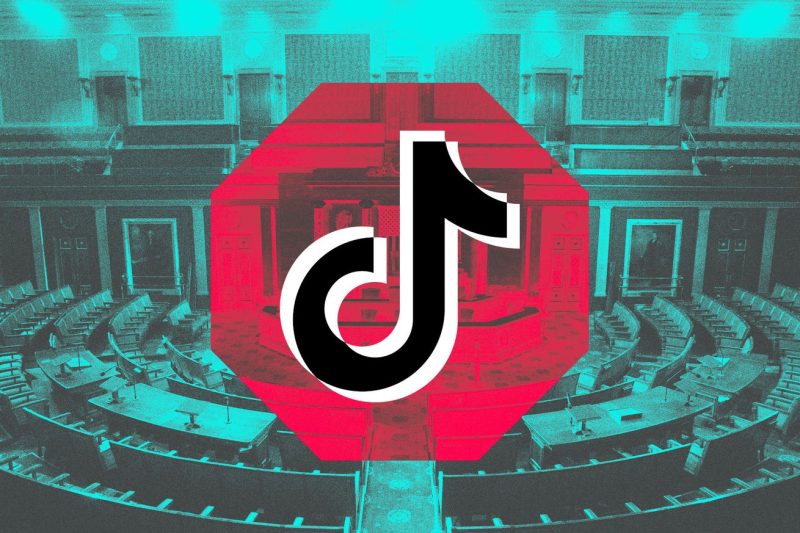As technology continues to shape our society, the rise of social media platforms has only accelerated this evolution. With the emergence of TikTok as a dominant force in the realm of video-sharing apps, the platform has faced a myriad of challenges, none more pressing than the threat of being banned in various countries worldwide. This article delves into the turbulent journey of TikTok and explores the reasons behind the attempts to ban the popular app.
One of the primary concerns that have ignited the push for banning TikTok is data privacy and security issues. Countries like India and the United States have raised red flags over the app’s perceived ties to the Chinese government and the potential risk of user data being misused or compromised. The fear of sensitive information falling into the wrong hands has fueled the calls for banning TikTok, with policymakers striving to protect their citizens from potential security threats.
Furthermore, TikTok’s content moderation policies have come under scrutiny, with concerns over the spread of misinformation, hate speech, and harmful content on the platform. Critics argue that TikTok’s algorithmic recommendation system has the potential to amplify dangerous and divisive content, posing a threat to societal harmony and individual well-being. In response to these criticisms, TikTok has taken steps to enhance its content moderation efforts, but the concerns persist among regulators and users alike.
The growing influence of TikTok, especially among younger demographics, has also sparked debates over its impact on mental health and societal values. Critics argue that the platform promotes unrealistic beauty standards, cyberbullying, and addiction to social validation through likes and followers. This concern has prompted regulatory bodies to consider the ban as a means of protecting vulnerable users, particularly children and teenagers, from the negative effects of excessive social media use.
Despite the push for banning TikTok in certain regions, the platform has garnered immense popularity worldwide, boasting over a billion active users globally. Its unique short-form video format and algorithm-driven content discovery have revolutionized the way individuals consume and create content online. TikTok’s ability to entertain, educate, and connect people across borders has solidified its position as a cultural phenomenon, making the decision to ban the app a complex and contentious issue.
In conclusion, the attempts to ban TikTok reflect the broader challenges posed by the rapid evolution of social media platforms in the digital age. Data privacy concerns, content moderation issues, and societal ramifications have fueled the debate over the regulation of TikTok and similar apps. As policymakers, regulators, and users navigate this complex landscape, the future of TikTok remains uncertain, with the potential for bans to disrupt its global reach and impact on popular culture.

